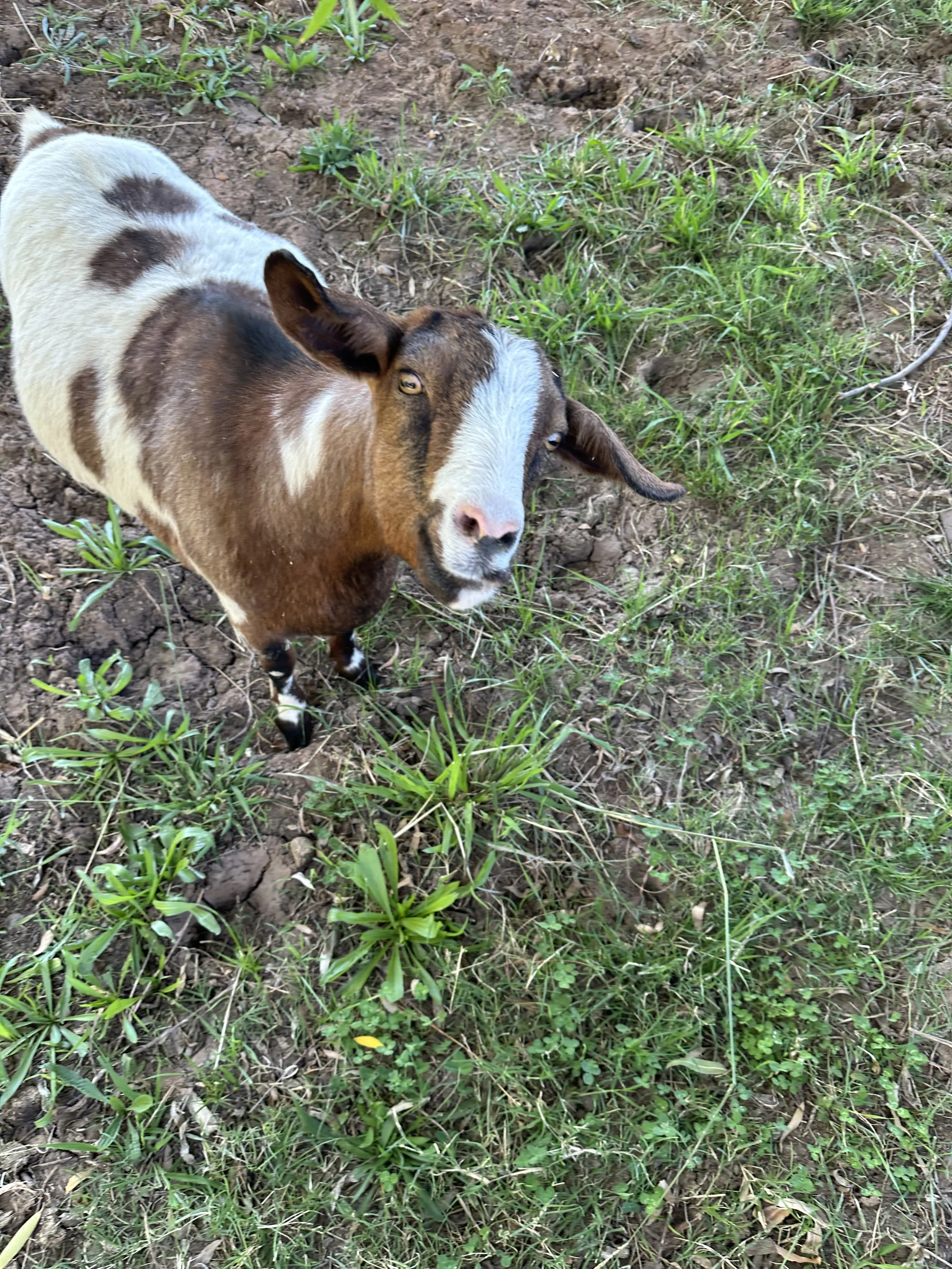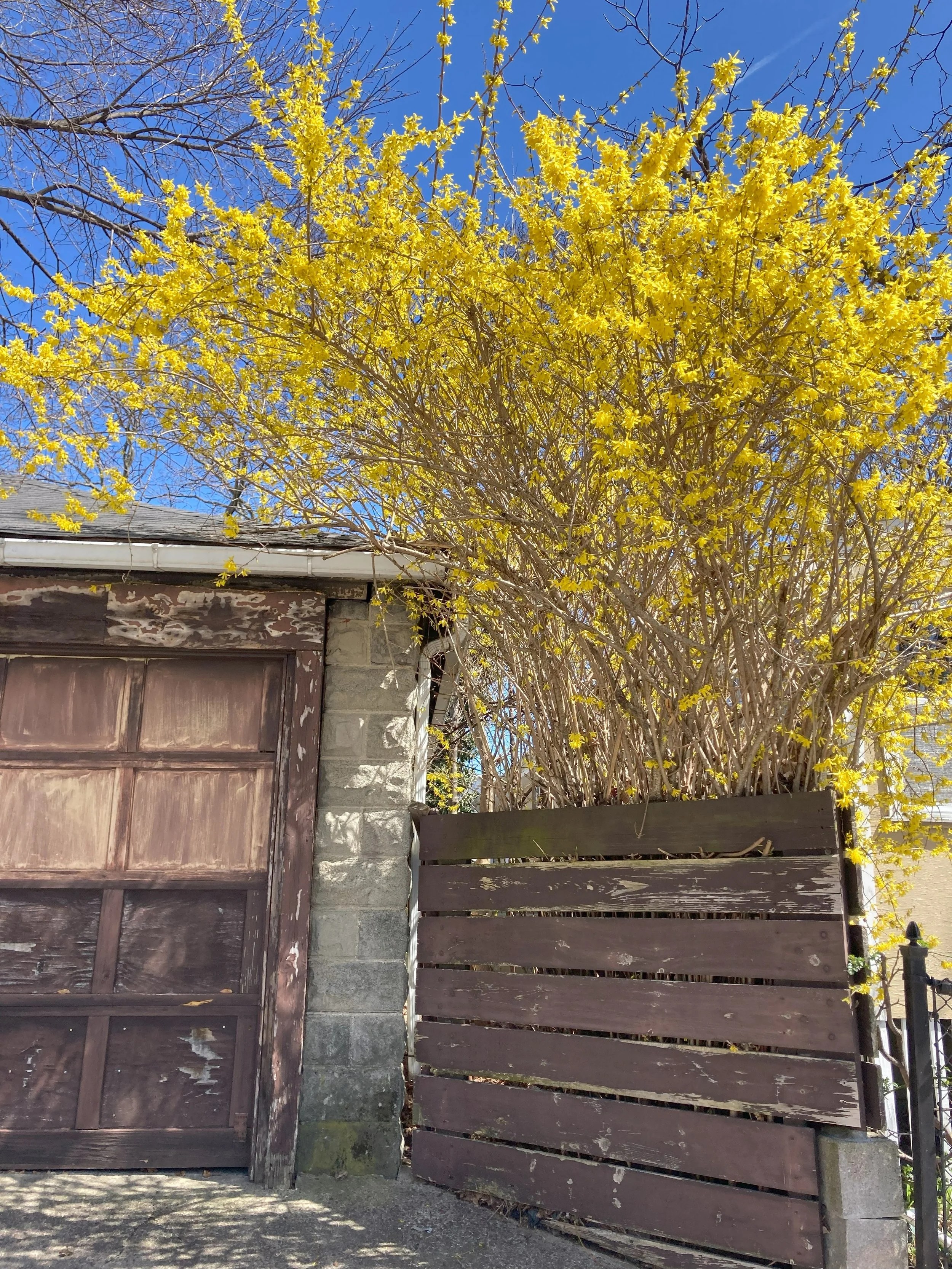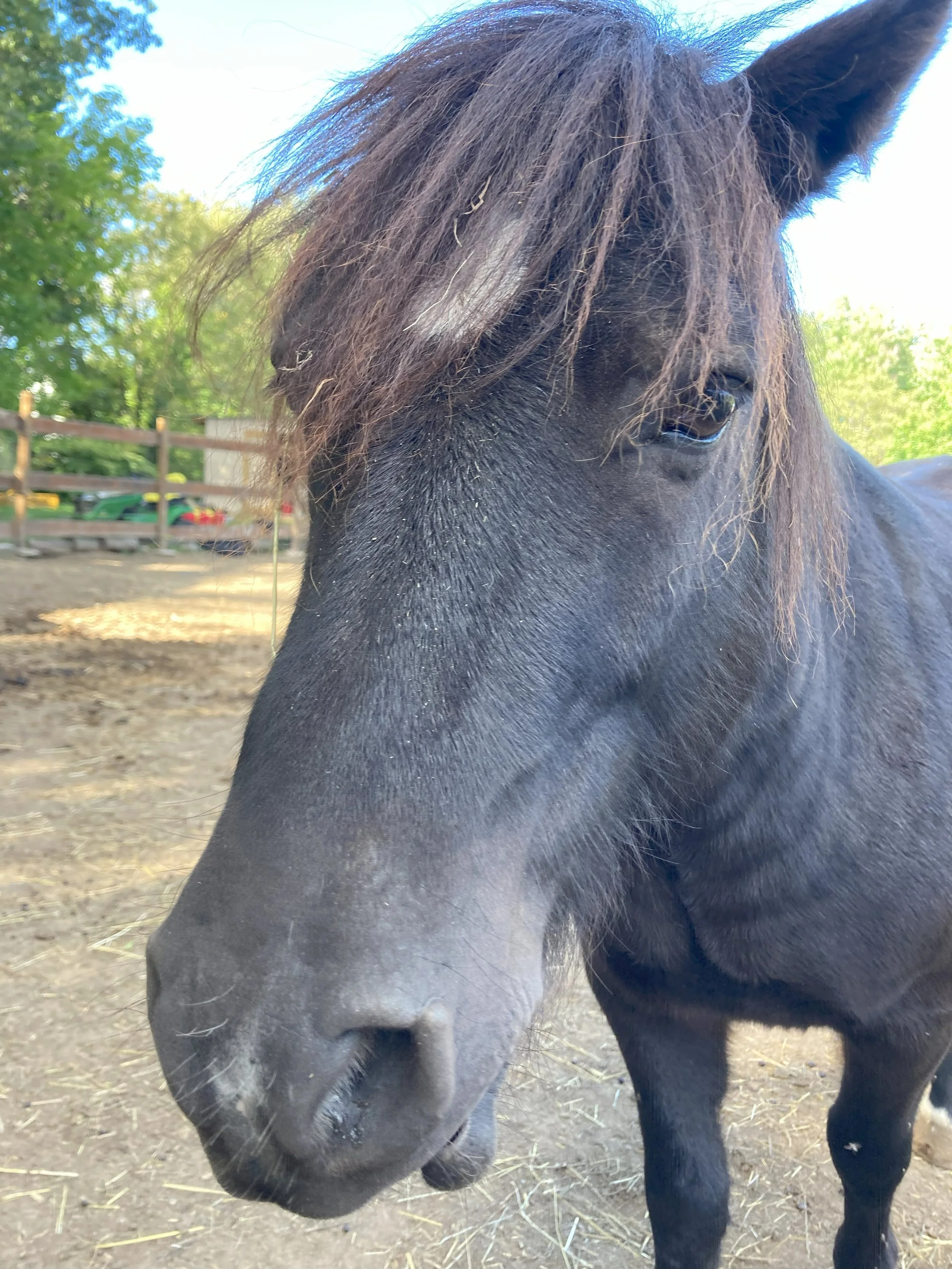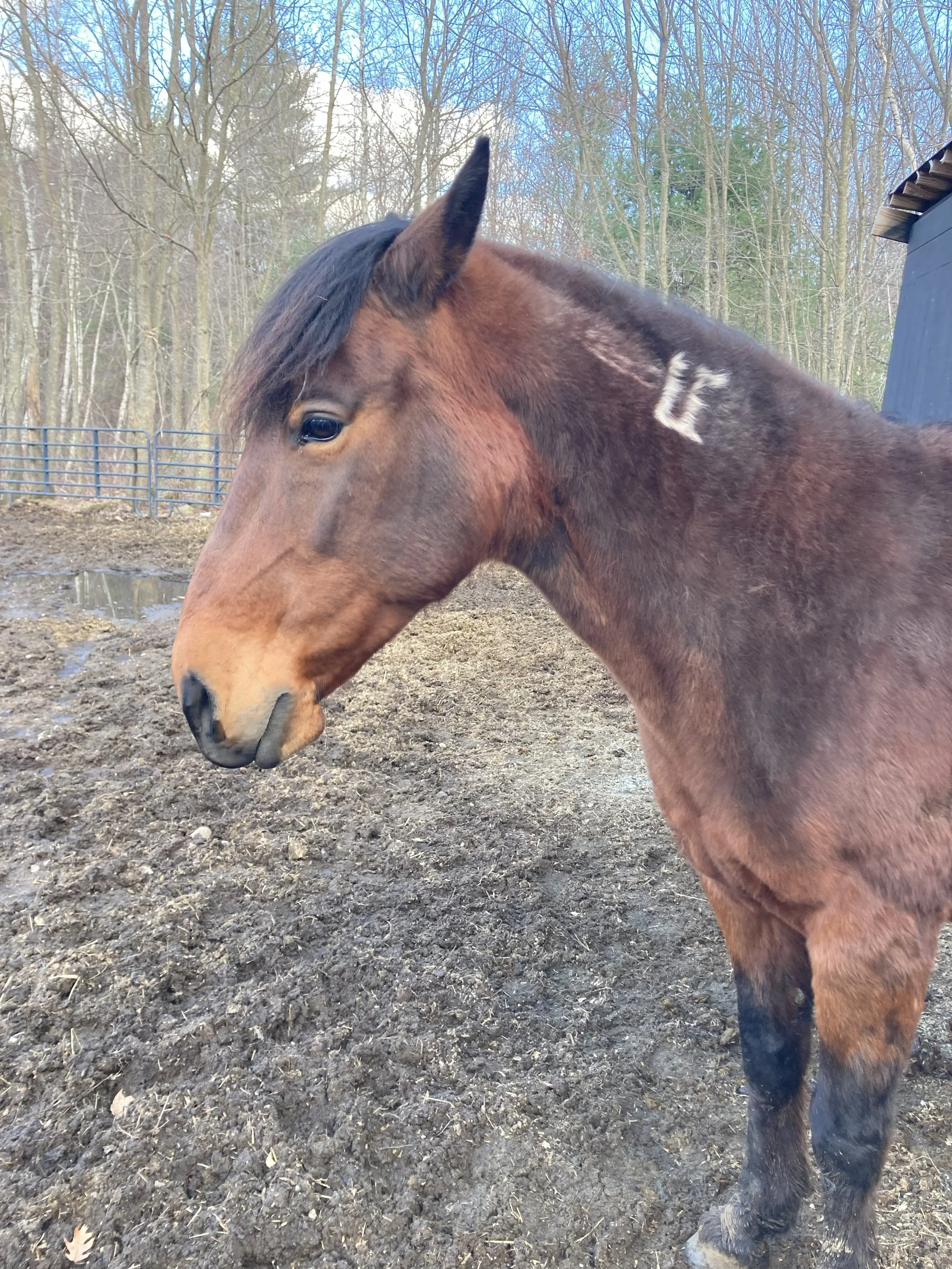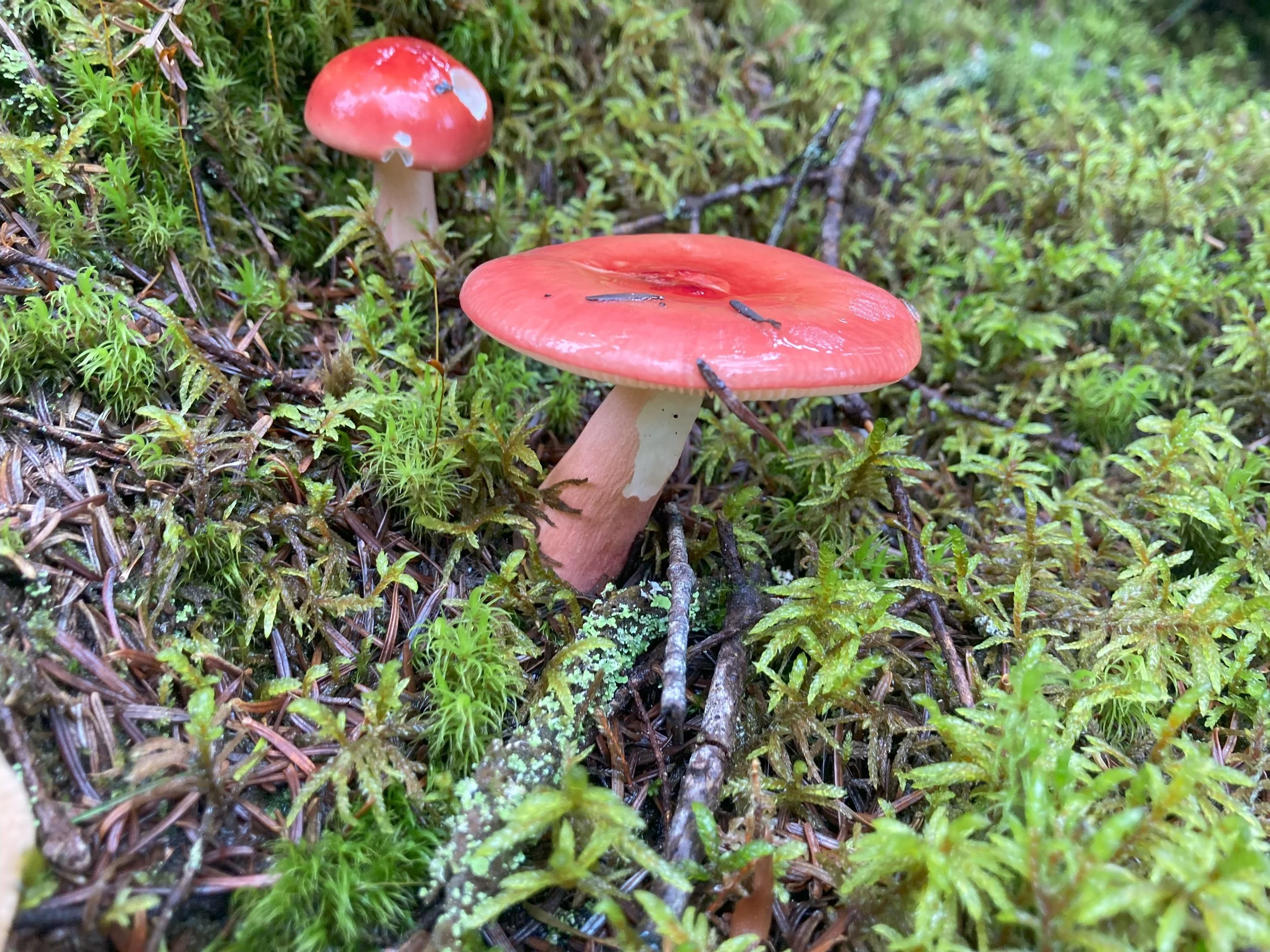love & compassion motivate us
This goat, Brigitta, is tenderly cared for by the folks at Selah Carefarm in Cornville, AZ.
“Our toddlers speak of plants and animals as if they were people, extending to them self and intention and compassion – until we teach them not to.”
-Robin Wall Kimmerer, Braiding Sweetgrass
our approach
Our carefarm is modeled after the pioneering Selah Carefarm, located near Sedona, Arizona. The Selah Carefarm has been at the forefront of training and research in the Regenerative Health Social Model (Cacciatore & Gorman, 2016; Cacciatore, 2017, 2020)—a holistic, multi-systems approach designed to create spaces where the biological, emotional, spiritual, and social self can find opportunities for renewal through health, emotional safety, and compassionate connections across species and with the earth. This model is defined by five core elements: 1) health, 2) safety, 3) connection, 4) between humans and non-humans, and 5) within a sustainable environment that benefits the earth. This transformative approach was featured in Oprah and Prince Harry's Apple TV series, The Me You Can’t See(Episode 4), where the founder, Dr. Joanne Cacciatore, also served on their mental health advisory board for several years. Since 2017, nearly a dozen research studies have been conducted on the Selah Carefarm model, further validating its effectiveness in promoting healing and resilience.
how do these 5 core elements guide us?
-
We view health through a holistic lens, taking physical, emotional, psychological, spiritual, and relational parts of self into account - for humans and nonhumans. We also view economic well-being as an important factor, thereby informing our sliding scale equity payment structure.
-
Cacciatore (2017) includes trust, experiential connection, sense of community, and a space to be, feel, and express as prerequisites for emotional safety. This means creating intentional spaces to pay attention to our emotions, thoughts, and bodies and be aware of how we may impact other humans and animals, ensuring their autonomy. Relationships are intended to foster companionship and increase capacity to live with the pain of trauma and suffering.
Counseling theories and approaches include Child-Centered Play Therapy and the ATTEND model, a compassion and mindfulness-based approach. These allow for the bereaved to lead and guide the process, prioritizing their inner wisdom regarding pacing and areas of exploration. -
The heart of our programming is to bring compassionate companionship to hurting souls -both human and nonhuman - through relational connection with other grievers, counselors, community members, and animals at the carefarm. Our compassion extends to all beings.
-
Often, humans are placed at the apex as the most important species on this planet. We aim to bring awareness to the interconnection among all living beings and provide opportunities for humans to be in relationship with nature as well as farmed and other rescued animal residents to expand human awareness beyond ourselves.
-
Our practices at the farm that support humans and animals keep the earth’s resources in mind. We conserve energy and water consumption and use local food sources wherever possible, for both animals and humans, growing some of this food on the property. We use compostable/reusable materials during programs and compost human food waste as well as animal waste, using it for soil regeneration where possible. Humble and respectful stewardship of the earth and giving back to her in gratitude is central to our purpose.
This horse, Chief, is kindly cared for at Be WELL at Black Barn Farm in Methuen, MA.
"We must enter the darkness of loss alone, but once there we will find others with whom we can share life together."
-Jerry Sittser, A Grace Disguised
This horse, Annie, is lovingly cared for by the folks at Be WELL at Black Barn Farm in Methuen, MA.
“Meditation isn't just about alleviating our own suffering by focusing inward and excluding others, it is about focusing inward in order to radiate outward what is healing to all.”
-Breeshia Wade, Grieving While Black
"The earth does not belong to us. We belong to the earth."
-Chief Si’ahl (Seattle)

